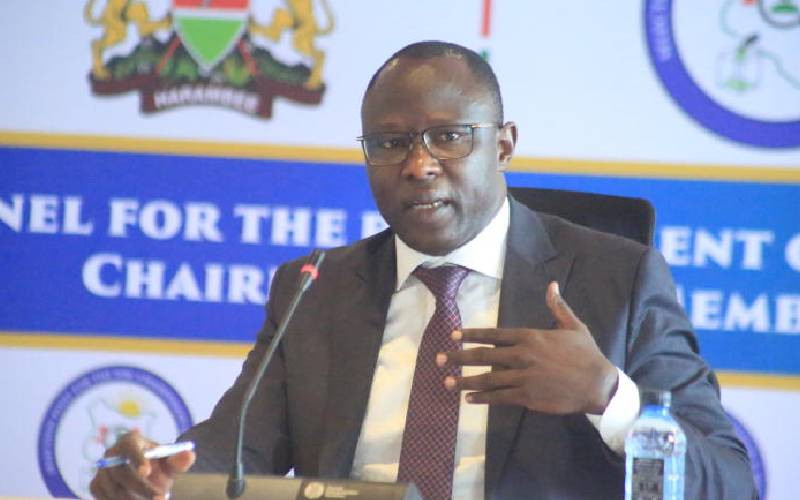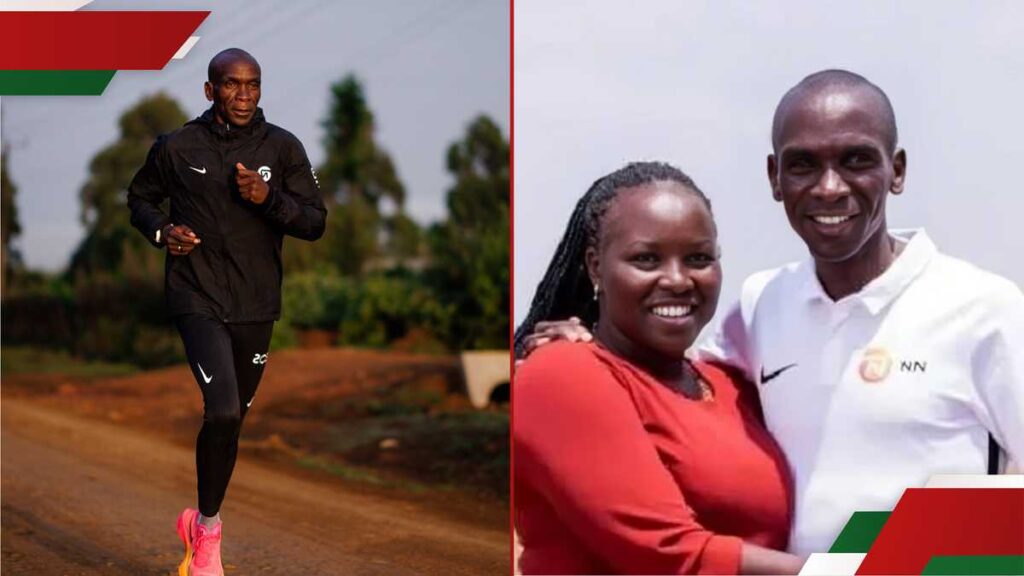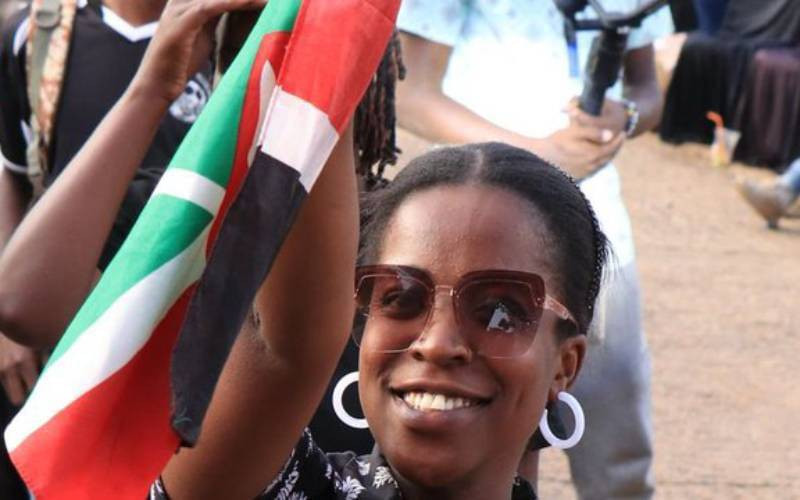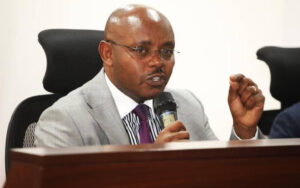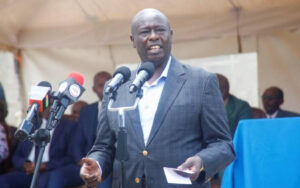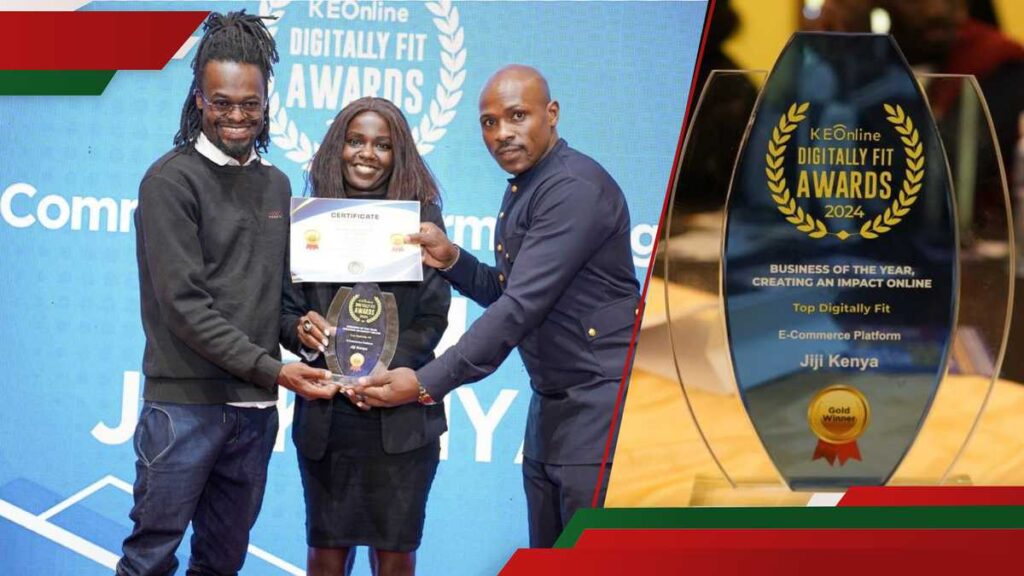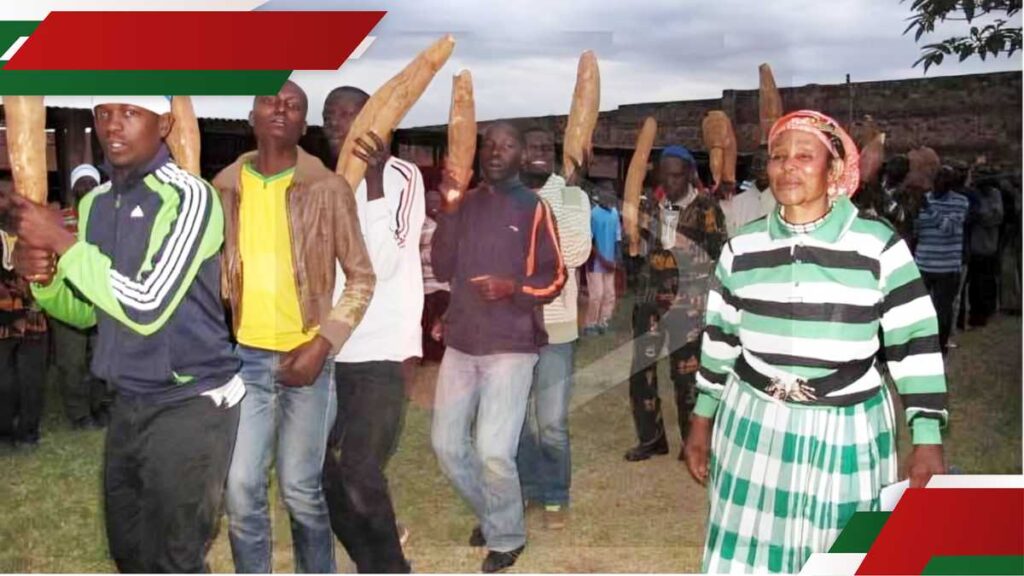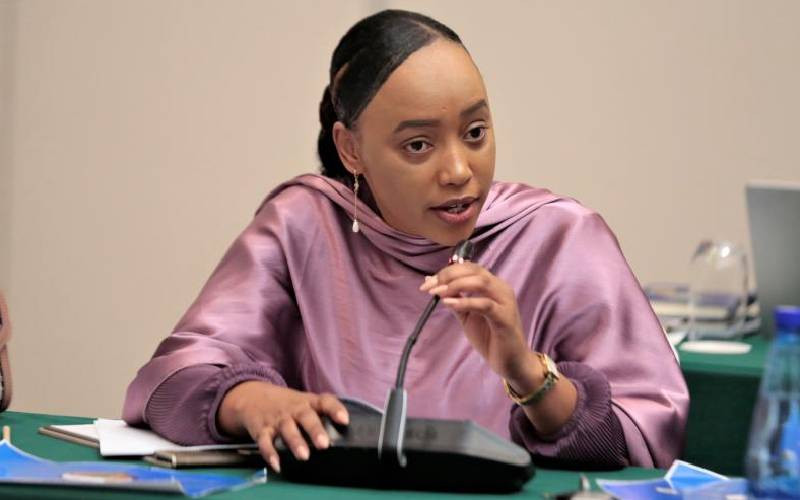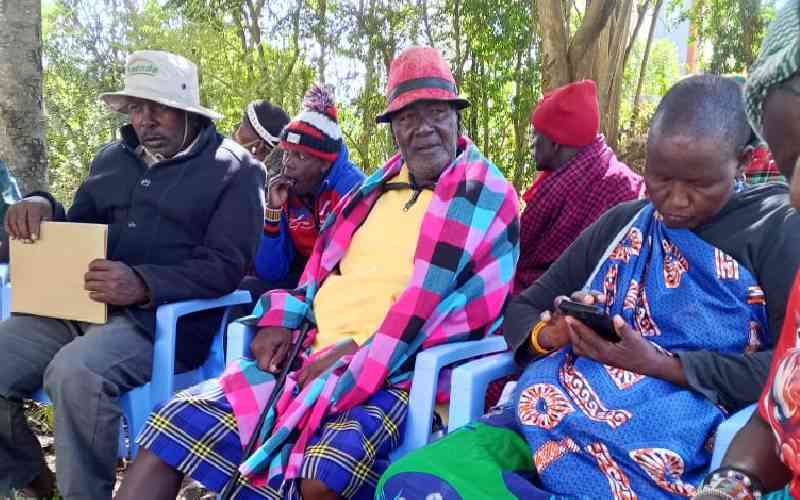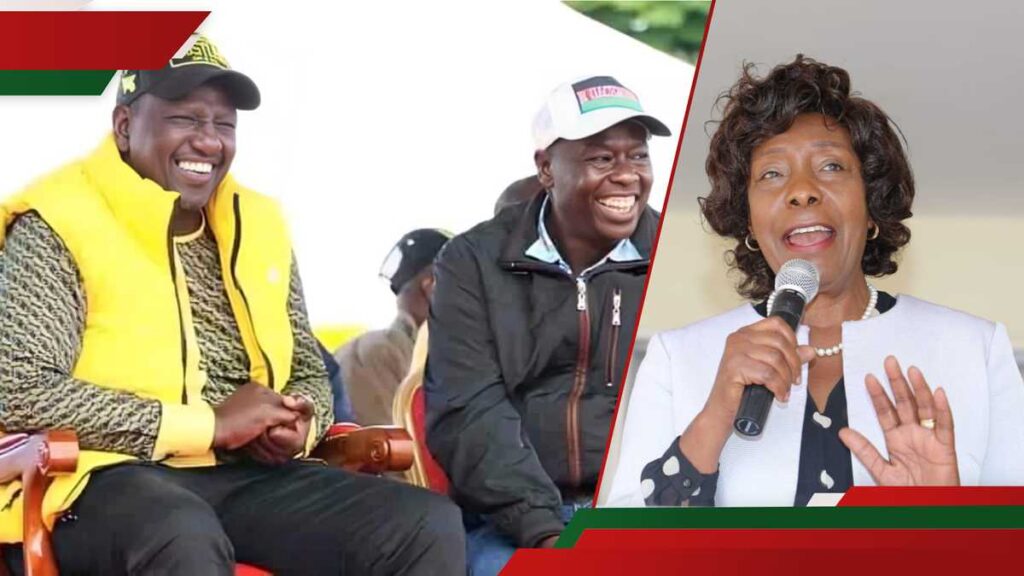Kenyans have until Wednesday next week to submit memoranda with supporting evidence contesting the suitability of the seven nominees for chairperson and commissioners of the Independent Electoral and Boundaries Commission (IEBC), as Parliament prepares to vet them on May 26.
In a notice issued on Monday, Clerk of the National Assembly Samuel Njoroge announced that the Departmental Committee on Justice and Constitutional Affairs will conduct the approval hearings in line with Article 118(1)(b) of the Constitution and the Public Appointments (Parliamentary Approval) Act.
“It is notified to the general public that pursuant to the relevant laws, the committee shall conduct approval hearings of nominees on Monday, May 26,” Njoroge stated.
The notice invites the public to submit written statements under oath (affidavits) contesting any nominee’s fitness for office, including supporting documentation.
The seven nominees are Erastus Ethekon Edung (chairperson), Ann Njeri Nderitu, Moses Alutalala Mukhwana, Mary Karen Sorobit, Hassan Noor Hassan, Francis Odhiambo Aduol and Fahima Araphat Abdalla.
Their nomination has triggered various reactions. Former Deputy President Rigathi Gachagua expressed dissatisfaction with the shortlist, particularly the omission of Charles Nyachae, a former chair of the Commission for the Implementation of the Constitution, whom he claimed emerged as the best candidate.
“We hear Nyachae was the top pick, and that the President was presented with two names. Why was he left out?” Gachagua posed in an interview with Egesa FM, while also reiterating that the Supreme Court’s decision affirming the finality of polling station results made the commission’s role less contentious.
Meanwhile, the Supreme Council of Kenya Muslims (Supkem) has defended the process, voicing confidence in the selection panel and the President’s nominees.
“Supkem unreservedly supports the recommendations of the selection panel and the President’s choices now before Parliament,” said National Chairman Alhajj Hassan Ole Naado during a press briefing.
‘Toxic rhetoric’
Ole Naado criticised what he termed as “toxic political rhetoric”, dismissing claims that further political consultations were needed before the President announced the nominees.
“The selection panel was formed through a participatory and consultative process. Some of those now questioning the outcome had their own representatives in the panel,” he said.
Supkem called for public support of the vetting process and urged politicians to avoid undermining the credibility of the commission at this crucial stage. It also recommended future reforms to the appointment process, proposing a model similar to that used by the Judicial Service Commission, where the President merely formalises the panel’s selection.
“The practice of presenting multiple names for presidential selection undermines public trust in the panel and invites unnecessary political horse-trading,” Ole Naado added.
Stay informed. Subscribe to our newsletter
The vetting comes amid concern over delays in reconstituting the IEBC, which has been without a full commission since early 2023.








